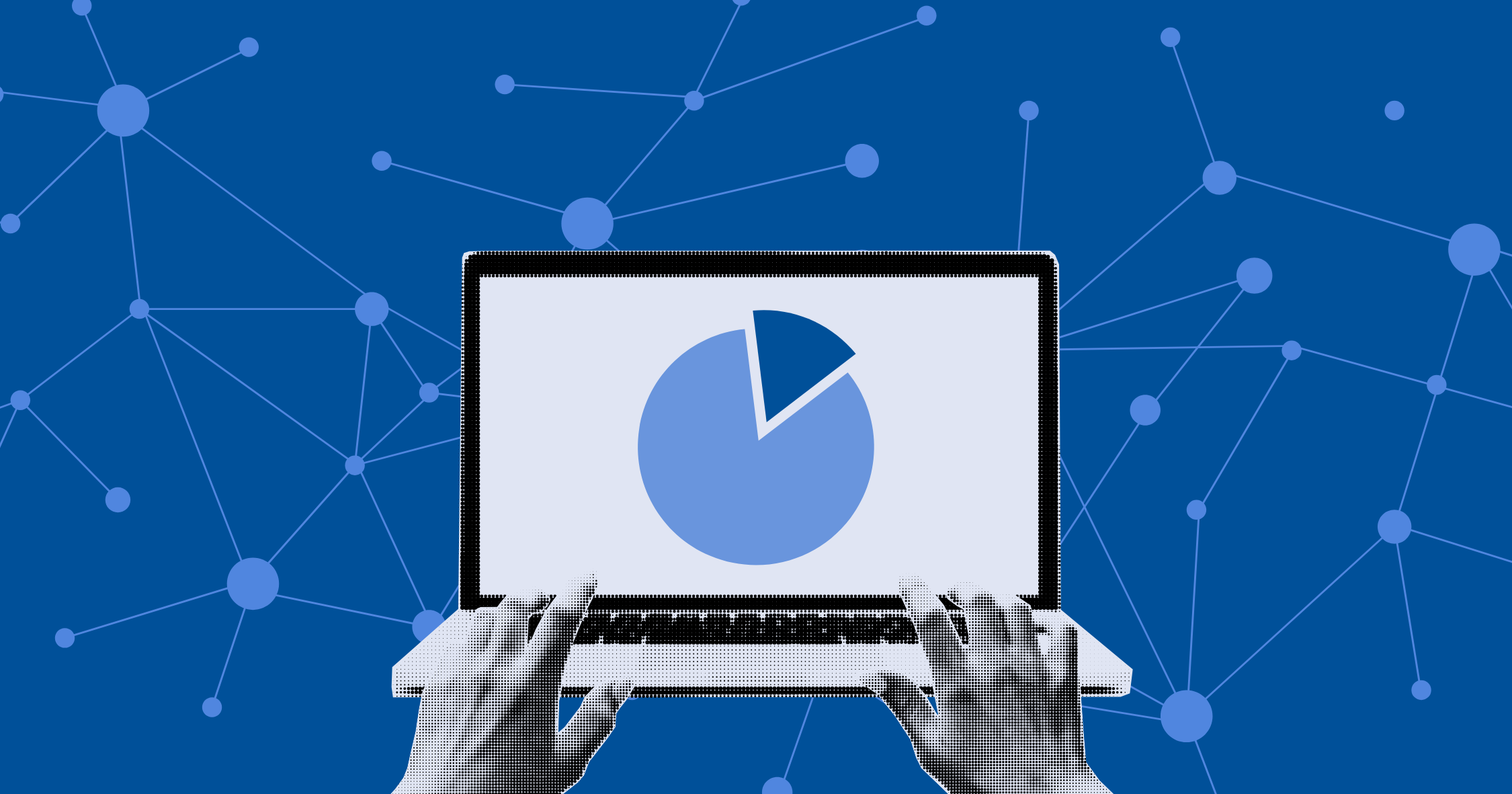.png)
Darby Joyce
Content Marketing Coordinator, Kogod School of Business
Businesses across industries utilize data analytics to evaluate their successes and failures, understand consumer behavior, and better grasp market trends. As technology continues to progress, the amount of data that a business can access grows along with it, and data analysts need to remain flexible and adaptable to ensure that they’re keeping pace with their workplace. That’s where artificial intelligence comes in. Through current and emerging AI tools, the landscape of business analytics is becoming increasingly fast-paced, and the resources available to analysts for optimizing their work are expanding.
Why do I need to know about data analytics in business?
The success of a company can often be measured quantitatively using metrics like profit and customer retention. With that in mind, a strong sense of data analytics is crucial in many aspects of business work. Data analysts use concrete numbers and data to evaluate the success of a business’s strategies and make informed recommendations for next steps. Data analytics comes into play throughout a business’s processes, from operations to marketing, and strong analytical skills can help rising professionals gain a competitive edge when entering the business world.
How does artificial intelligence support business analytics processes?
Since the advent of the internet, data collection capacities have ballooned, and analysts now have enormous amounts of data to parse when it comes to making decisions. Artificial intelligence can significantly streamline this process through automatic data processing and pattern recognition. This leaves more tedious and repetitive tasks to AI tools, reducing the chance of human error and enabling analysts to quickly gain insights from large datasets that they can then use in their own decision-making.
Advanced AI techniques such as natural language processing (NLP) and machine learning (ML) take the capabilities of data analytics a step further through predictive analytics and forecasting. Machine learning models allow AI tools to utilize previously analyzed data to make predictions about everything from market trends to consumer behavior, which analysts can then use to make recommendations about a company’s behavior. By providing insights based on existing data, AI can support business professionals at all levels in determining the success of their current initiatives and identifying changes that can lead to more effective strategies.
AI enhances business analytics by providing actionable insights through real-time predictive analysis, automation, and advanced data interpretation capabilities. Additionally, AI expands the accessibility of business analytics to a broader user base by leveraging natural language processing and large language models.”

Gwanhoo Lee
Professor of Information Technology and Analytics, Kogod School of Business
What tools are being used in business analytics right now?
The past few years have witnessed a significant surge in the application of artificial intelligence in business, with many major companies developing their in-house tools to support data analytics. Microsoft, IBM, Google, and Salesforce are among the major players that offer their own tools for data visualization and predictive analytics. Additionally, many companies and individuals alike utilize natural language processing tools, such as ChatGPT, and machine learning software to both perform analytical tasks and make them more accessible through ease of use and straightforward language.
What should businesses keep in mind when implementing AI in their practices?
It’s an exciting time for AI development, and it can be tempting to rush into including AI in your work. Before you do, though, be sure to fully understand the tools you’re using and how to utilize them best. Not all AI tools are created equal; it’s vital to research the software you use to ensure that it’s developed by transparent organizations, learning from high-quality data, and complying with privacy regulations. A strong understanding of the ethical implications of the tool you use is also critical; many current discussions around AI highlight the environmental, bias, and privacy concerns around certain tools, and AI can only continue to improve in those regards if the people involved with developing and using it engage in those conversations and look into solutions.
Beyond responsible AI usage, it’s also important for businesses to understand that AI involves a learning curve. To effectively incorporate new programs into the workplace, business leaders should assess their business goals to determine where AI can be integrated to support improved practices. Additionally, they should plan to invest in training their staff, whether it’s through education on AI best practices or hands-on experience with specific tools. Incorporating AI into business can lead to significant changes in how people work. Creating a strong support system throughout an organization will both foster responsible and meaningful AI usage and maximize the results of investing in AI.
Where can I learn more?
The Kogod School of Business is thrilled to launch its brand new Business Analytics and Artificial Intelligence (BAAI) degree program, which allows students to dive deep into an understanding of artificial intelligence and how it can best be utilized in business. Kogod’s integration of AI tools into its curriculum has been nationally recognized for its unique, forward-thinking approach, which encourages thoughtful experimentation with AI tools to prepare for AI’s future role in business. Now, with the BAAI degree and certificate programs, you can gain a one-of-a-kind, immersive understanding of how to harness AI in business analytics to make thoughtful and data-driven decisions in your business career.
